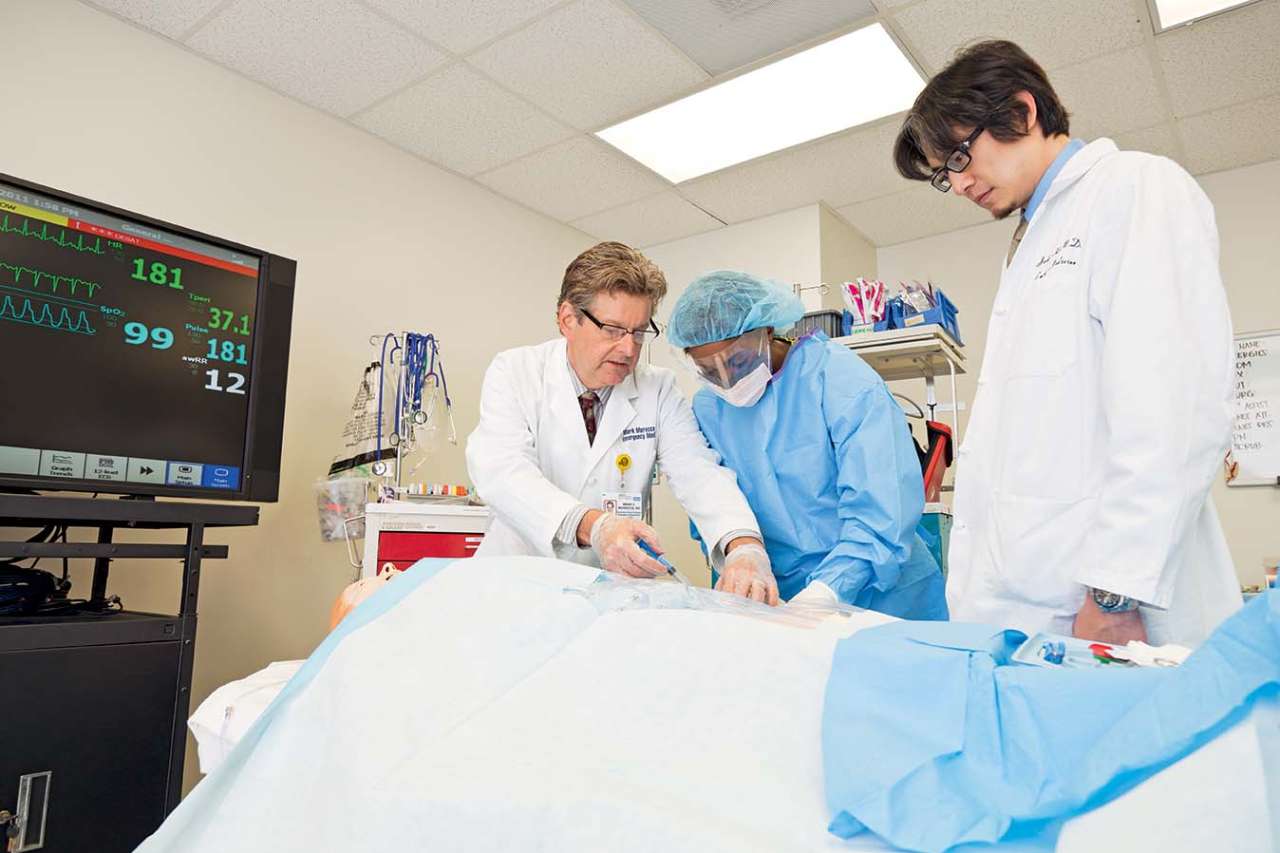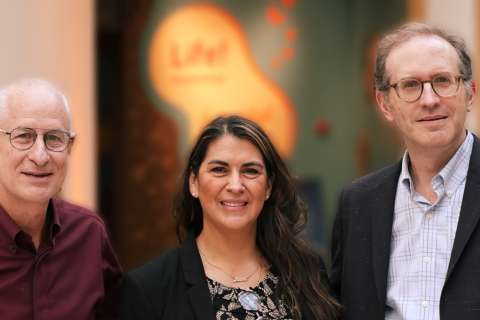Geriatrics Research

Transformative Aging Science
Aging research has the potential to revolutionize the well-being of older adults, the health care system and society. The UCLA Division of Geriatrics has been a national leader in geriatrics and gerontology scholarship since 1979.
Redefining Aging Care
Our division faculty advance knowledge of the aging process, improve the delivery of health care to older adults and increase healthy life expectancy with leading-edge research.


Programs
Research programs in the UCLA Division of Geriatrics span nearly a dozen disciplines that impact the wellness of older adults, from cellular and molecular biology to long-term care. Our research teams collaborate with leading institutions at UCLA and beyond.
Research Training Opportunities
The UCLA Division of Geriatrics conducts world-class training in geriatrics and gerontology for medical students, graduate students, post-doctoral scholars and physicians in every stage of their career.

Geriatrics Research News
Keep up with the latest news and media features on the UCLA Division of Geriatrics.



